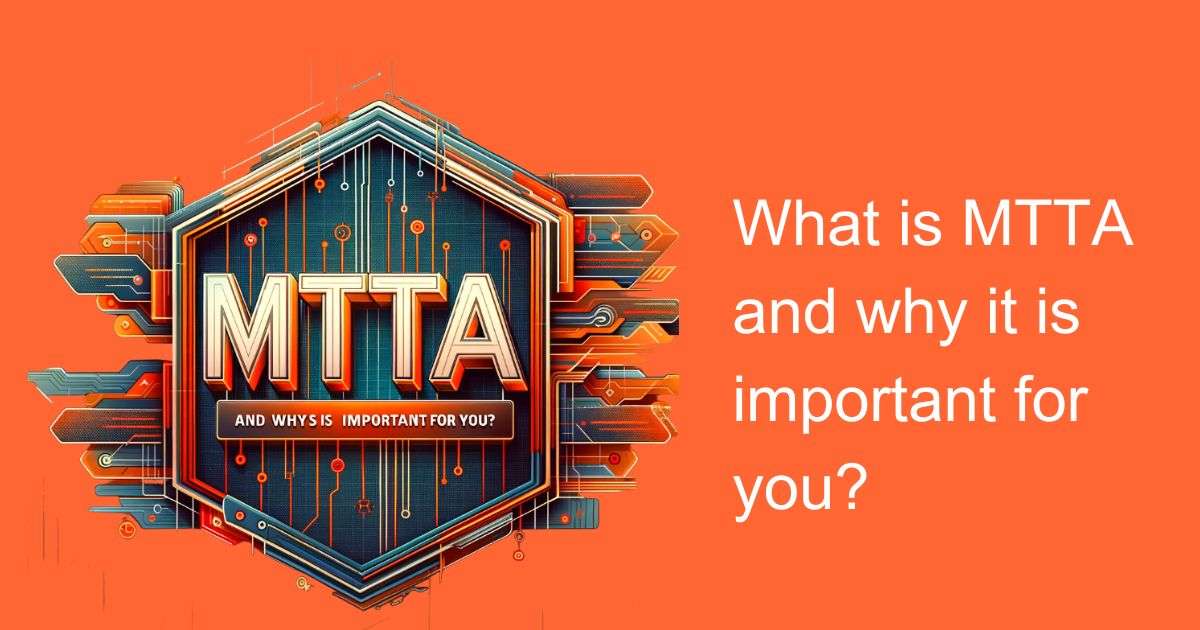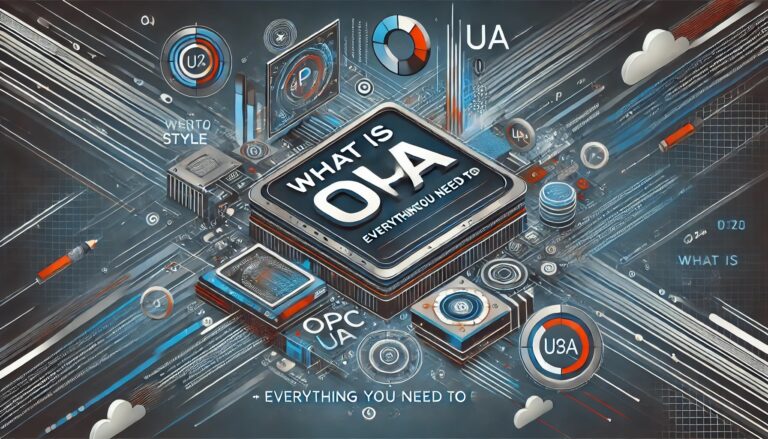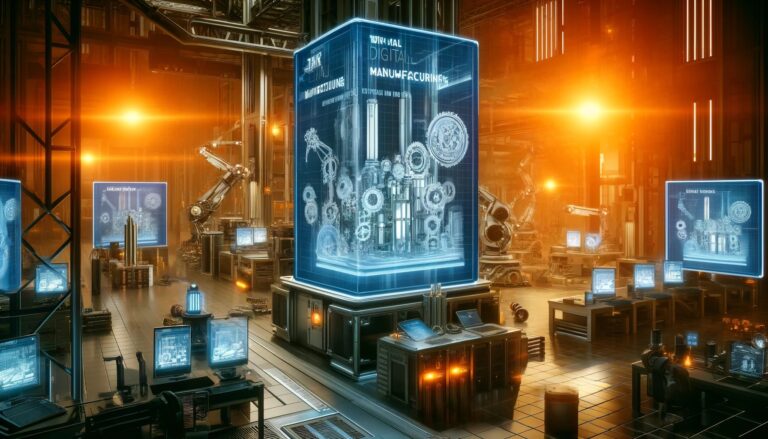Introduction
In today’s fast-paced world, where every second counts, efficiency is paramount. Whether you’re a business owner, a manager, or an individual striving to make the most of your time, measuring and improving efficiency is crucial. One metric that plays a pivotal role in this pursuit is MTTA, or Mean Time to Action. In this editorial, we will delve into What is MTTA and why it is important for you? in the Indian context.
Understanding MTTA
Mean Time to Action, or MTTA, is a key performance indicator that measures the average time taken to respond or take action in a given process or workflow. It is commonly used in various industries to evaluate operational efficiency and identify areas for improvement. MTTA can be applied to a wide range of scenarios, from customer service response times to manufacturing processes and decision-making in corporate environments.
Why MTTA Matters
Customer Satisfaction
In a customer-centric world, quick responses and actions are essential for retaining customers. High MTTA can lead to frustrated customers, decreased loyalty, and negative reviews, which can have long-lasting repercussions on your business.
Operational Efficiency:
For businesses, minimizing MTTA is crucial for optimizing operational efficiency. Efficient processes lead to reduced costs, improved productivity, and faster decision-making, all of which contribute to a competitive edge.
Competitive Advantage:
In today’s globalized marketplace, organizations that can respond quickly to changing circumstances are better positioned to outperform their competitors. MTTA can be a differentiator that sets you apart from the competition.
Data-Driven Decisions:
In a data-rich environment, timely decision-making is essential. High MTTA can lead to delays in acting on critical data, potentially causing missed opportunities or even financial losses.
MTTA in the Indian Context
Now, let’s take a closer look at how MTTA is relevant in the Indian context:
Customer Service:
India’s burgeoning consumer market demands rapid response times from businesses. Companies that can reduce MTTA in their customer service interactions can gain a significant advantage in retaining and attracting customers.
E-Governance:
As India advances towards digital governance and services, MTTA plays a pivotal role. Efficient government services with low MTTA can enhance citizen satisfaction and trust in public institutions.
Manufacturing:
India’s manufacturing sector is a key contributor to the economy. Reducing MTTA in production processes can lead to increased output, reduced waste, and improved competitiveness on a global scale.
Start-ups and Entrepreneurship:
India has seen a surge in start-ups and entrepreneurship. In this highly competitive landscape, start-ups that can quickly adapt to market changes and customer feedback by reducing MTTA can gain a substantial advantage.
Healthcare:
In the healthcare sector, especially during crises like the COVID-19 pandemic, minimizing MTTA can be a matter of life and death. Faster response times in patient care and vaccine distribution can save lives.
How to Reduce MTTA
Reducing MTTA involves a combination of process optimization, technology implementation, and a cultural shift towards prioritizing speed and efficiency. Here are some strategies:
Process Streamlining:
Analyze existing workflows and eliminate unnecessary steps or bottlenecks that cause delays.
Automation:
Implement automation where possible to reduce manual intervention and speed up processes.
Technology Adoption:
Invest in technology solutions that facilitate faster communication and data analysis, such as chatbots, AI, and data analytics tools.
Training and Skill Development:
Equip your team with the necessary skills and knowledge to act quickly and decisively.
Cultural Shift:
Foster a culture that values efficiency, encourages proactive decision-making, and rewards prompt action.
Conclusion
In an era where time is a precious commodity, measuring and improving Mean Time to Action (MTTA) is imperative for individuals and organizations alike. Whether it’s enhancing customer satisfaction, achieving operational efficiency, gaining a competitive edge, or contributing to national development, MTTA holds the key to success. In the Indian context, where the pace of change and growth is rapid, embracing MTTA can be a game-changer that propels you towards your goals and aspirations. So, start measuring, analyzing, and optimizing your MTTA today – your future success depends on it.








